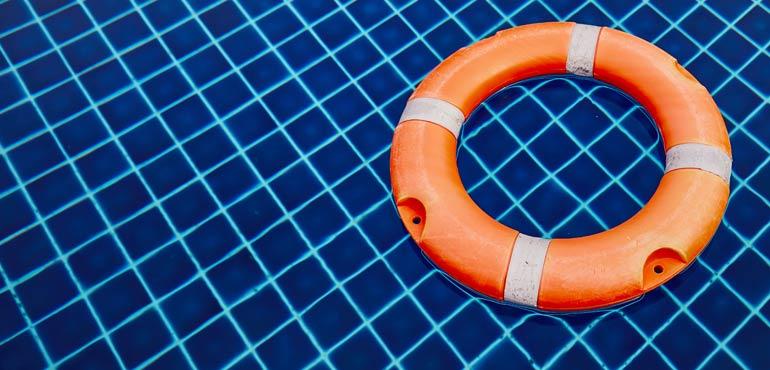Make sure your pool fence measures up this summer
It’s almost summertime and the days are already getting warmer! For many, this means more time spent in the backyard pool.
If you own a property with a swimming pool, you have a responsibility to make sure that your pool fence is compliant with the pool safety standard.
Compliant pool barriers help save lives by restricting young children from accessing swimming pools.
All pools, including spas and some portable pools, must comply with the pool safety standard.
The standard applies to new and existing pools in houses, unit complexes, hotels, motels, backpacker accommodation, caravan parks and mobile van parks.
Pool rules
Here are some easy to remember “pool rules” or tips to help you navigate through the legal requirements so that you can learn more about your responsibilities as a pool owner.
Remember these pool rules:
- Compliant fence
- Self-closing gate
- Move climbable objects
- Display CPR sign
- Supervise young children
Pool safety inspectors
While your role and responsibilities as a pool safety inspector don’t change with the seasons, a swim in a pool becomes a lot more inviting as the days heat up.
So, it’s more important than ever, pool barriers are compliant at a time when children may be tempted to try and climb in for a swim to cool down.
You can avoid making common errors when conducting a pool inspection by checking out our educational videos for pool safety inspectors.
Short-stay accommodation providers
Short-stay accommodation providers are required to have a valid pool safety certificate when renting out a property with a pool.
This includes you – if you decide to rent out your holiday home, home, part of your home, or even just a room, as short-stay accommodation (think Airbnb etc).
So, before you rent out your property with a pool as short-stay accommodation make sure you are meeting your legal requirements when it comes to pool safety.





